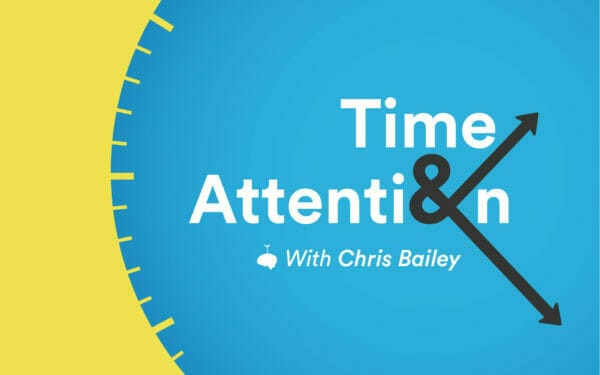
 Time and Attention
Time and Attention 112: Dumb Goals
7 snips
Sep 26, 2023 In this episode, the podcast discusses the limitations of SMART goals and the importance of setting goals that mobilize time, attention, and energy. They explore the confusion caused by redundant goals and the flaws in smart goals and the Myers Briggs personality test. The chapter also provides examples and tips for setting smarter goals, such as aligning long-term goals with daily goals, connecting goals to values and intentions, and taking action to achieve them.
Chapters
Transcript
Episode notes

